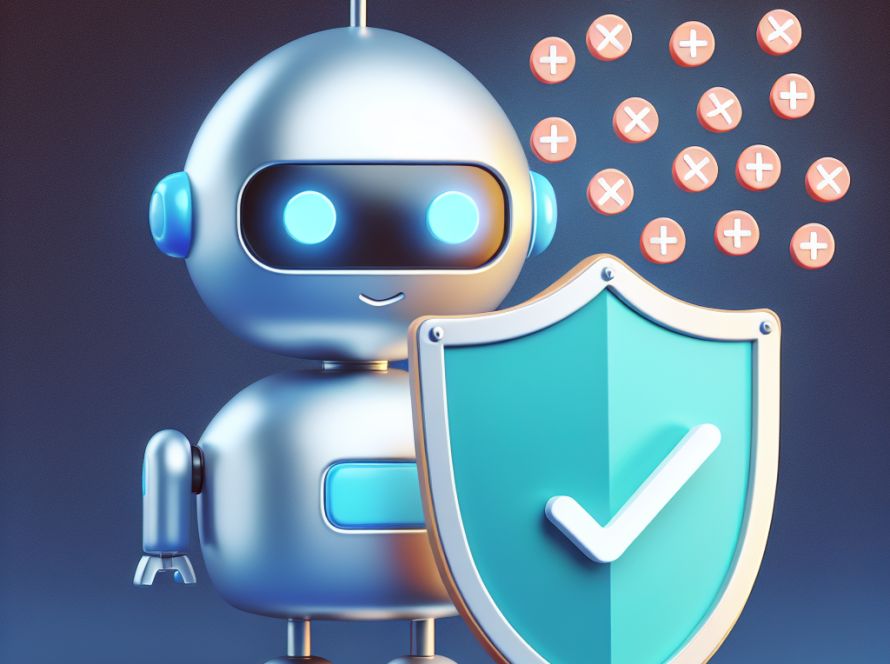The landscape for artificial intelligence (AI) is evolving at a rapid pace, with significant changes expected to transform how humans interact with technology. The industry predicts that the traditional front-end application or interface that we currently use may soon become obsolete due to the advanced capabilities of large language models (LLMs) and emergent AI agents.
LLMs, which allow for a natural language interface with technology, could very well assist in making this transition towards an interface-less future, facilitating an organic engagement between humans and technology. They can convert words into commands that could be utilized across diverse applications, removing the requirement of intricate or complex user interfaces. Additionally, these LLMs have the capability of offering step-by-step feedback on the work done, acting as a smart assistant.
Artificial Intelligence agents with their advanced understanding have the potential to significantly transform and boost a company’s operations, rendering processes more effective and efficient. These agents are poised to bring forth new more productive methods of managing activities and conducting businesses.
The paradigm shift towards a possible interface-less world raises questions about future digital interactions. Will humans immerse themselves in highly interactive virtual worlds, or will omnipresent, unseen AI agents facilitate digital experiences? With stress on the potential extinction of applications, it’s believed that who devises the best AI agent would revolutionize digital communication. This could potentially render obsolete online marketplaces, productivity tools, and standard search engines.
The shift from traditional applications to AI agents represents a massive revolution in human-computer interaction and a technological leap. The industry will witness comprehensive transformations, making for a more user-friendly, effective, and seamless integration of digital experiences into our everyday lives.
AI-powered personal assistants hold the capacity to revolutionize mundane tasks and digital interactions, negating the requirement of several specialized applications and enabling easier and natural interactions. Software is heading towards intelligent agents that work in the background to assist and enhance digital interactions, promising a more streamlined, effective, and interactive digital world, driven by AI and LLMs.
In summary, the rapid progress in AI technology is leading towards a future where conventional applications and interfaces may become outdated, replaced by LLMs and AI agents that provide a more streamlined, efficient, and interactive digital world. This evolution will transform not just the software industry but also offer far-reaching impacts on society as a whole. The focus is shifting towards creating intelligent agents that aid and improve digital interactions, leading to more integrated digital experiences.


